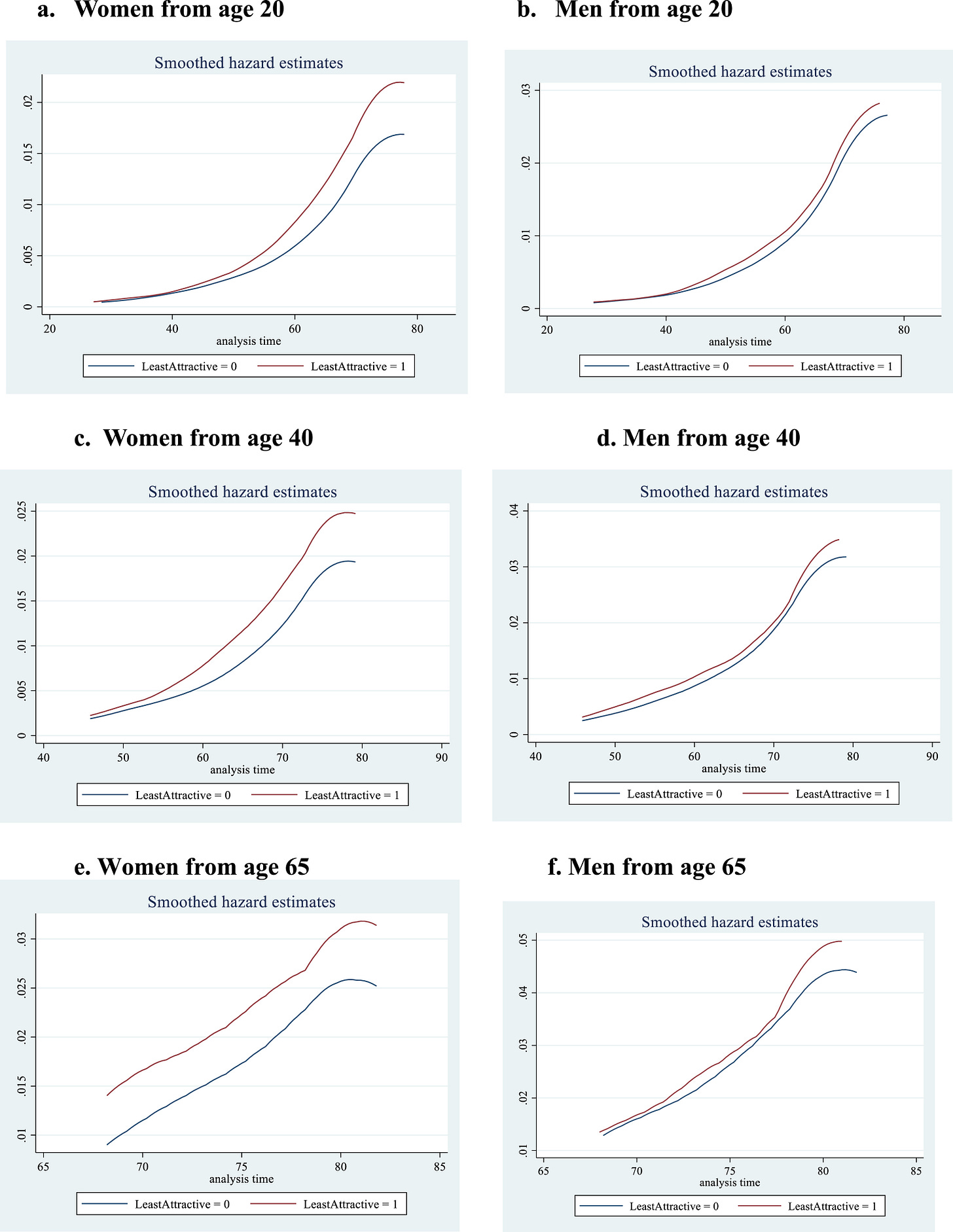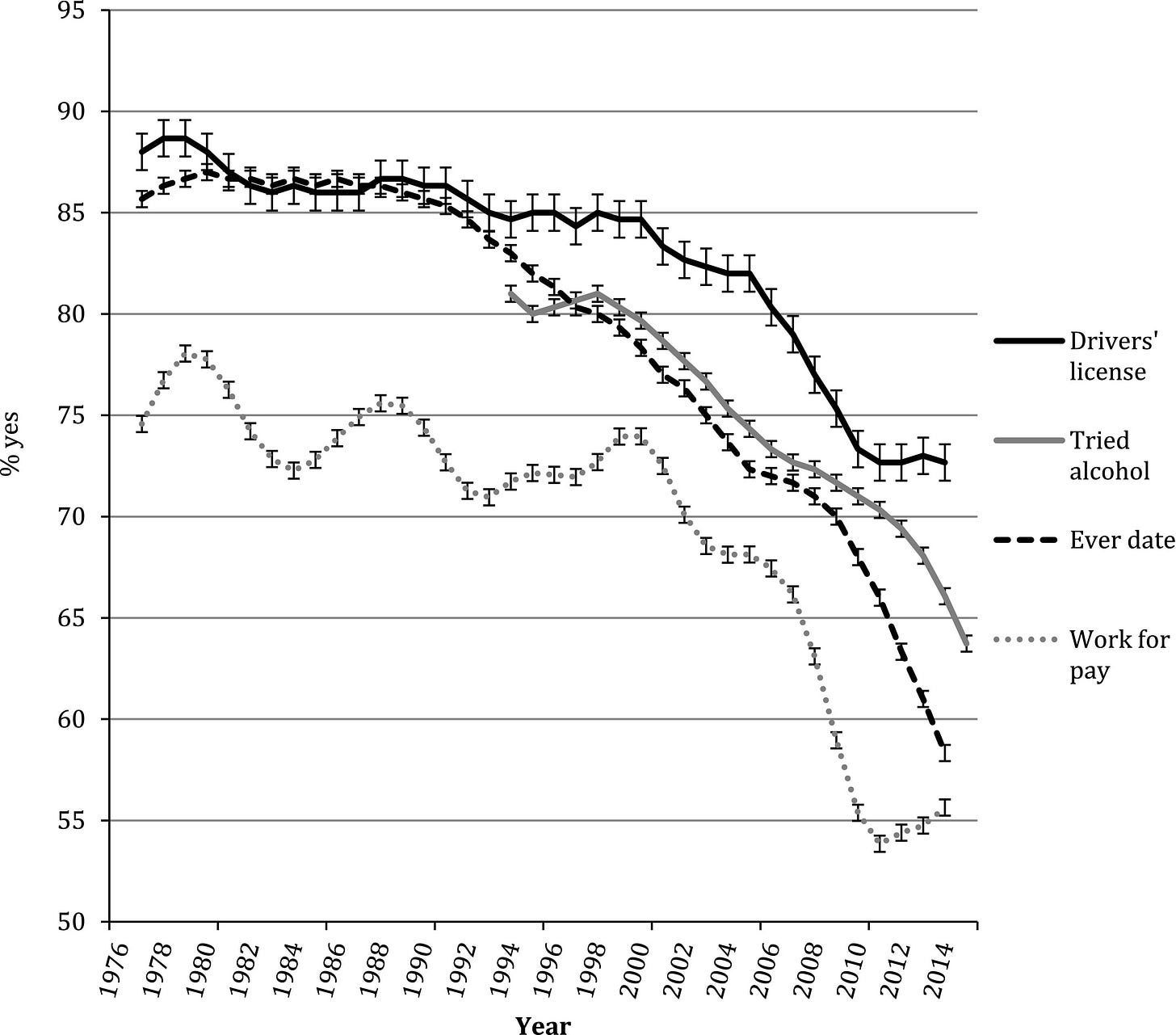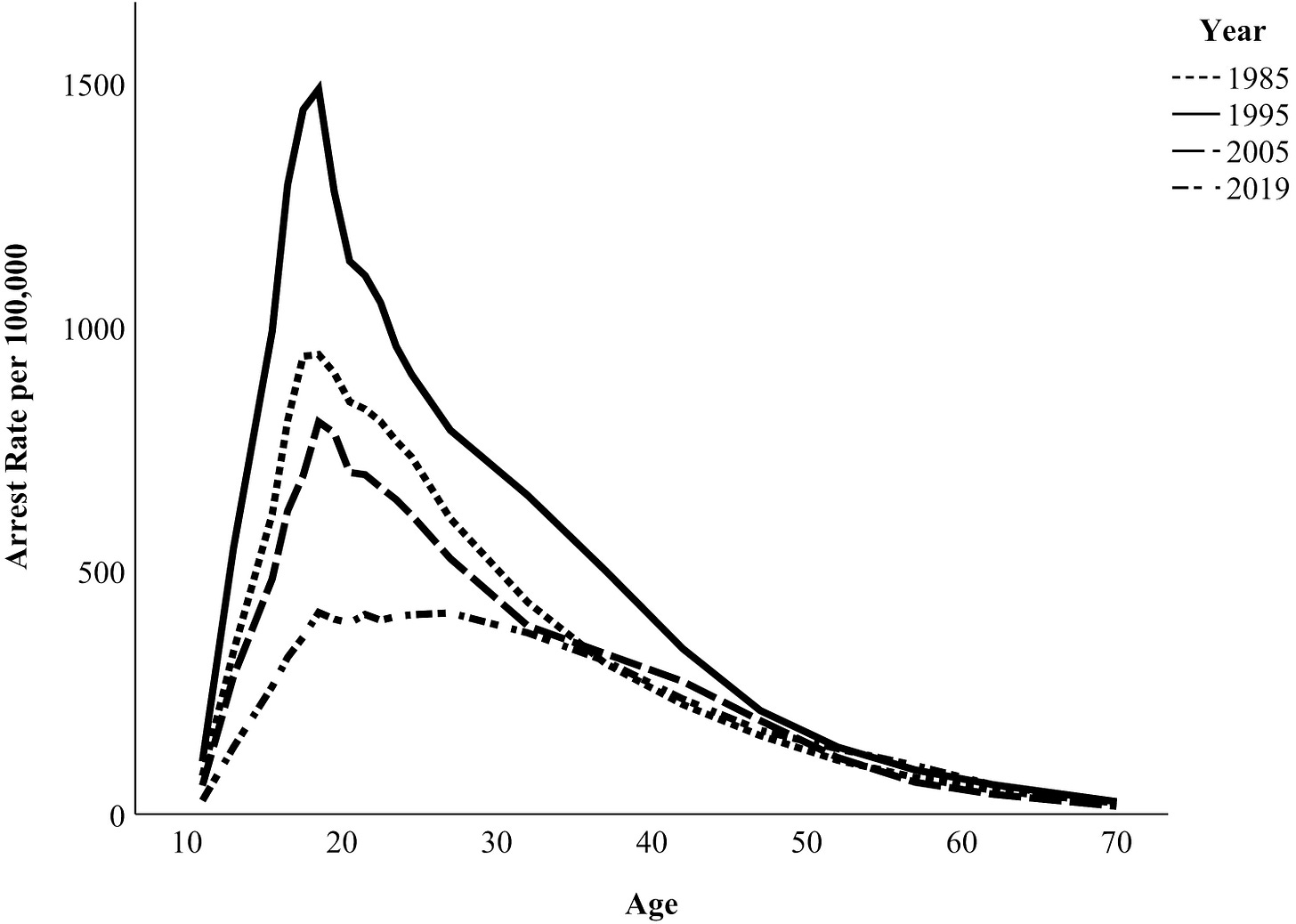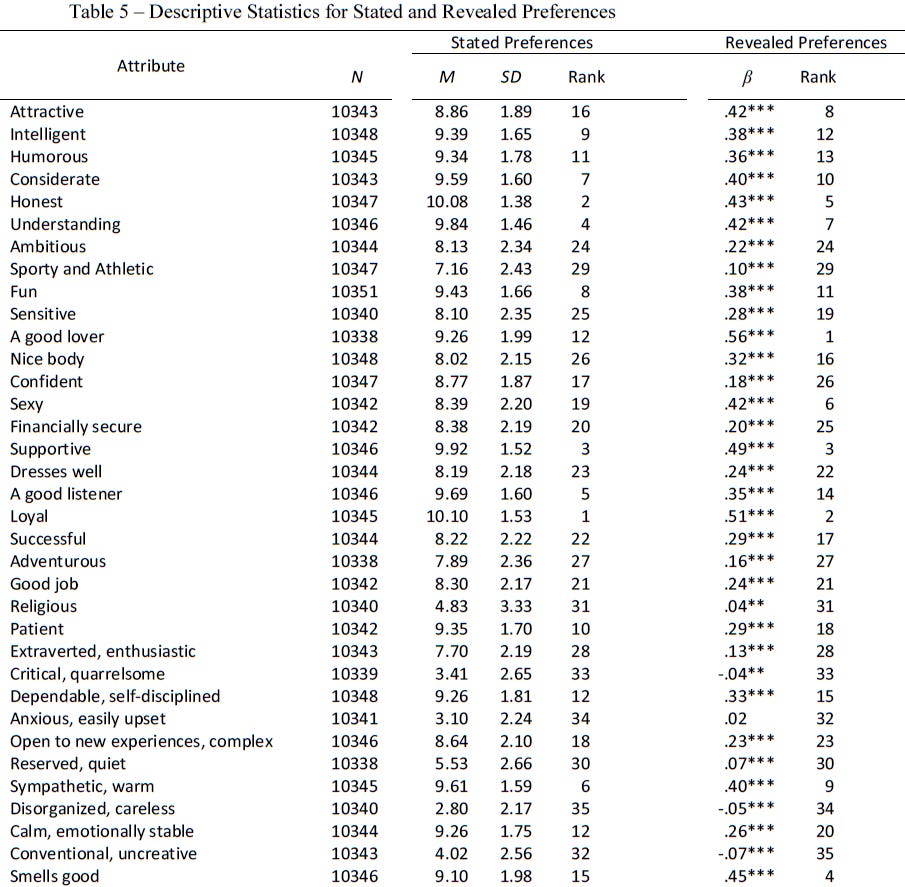Implicit Bias Training, Human Mating Psychology, and Why You Shouldn't Trust a Narcissist
The Nature-Nurture-Nietzsche Linkfest for July 2024
Welcome to the latest N3 Newsletter Linkfest: a collection of links to papers and articles that grabbed my attention over the last few weeks. In this edition, we’ll ask:
Does implicit bias training lead to better policing?
Do people’s stated mate preferences match their revealed mate preferences?
Does social media harm mental health?
Are some people unable to form mental images?
What do people really think about workplace DEI policies?
Does ChatGPT have a bias against dudes?
…and much more!
You can access the complete collection of Linkfests here.
Looks and Lifespan
Good-looking people live longer than their aesthetically challenged counterparts. This is true for both sexes, but more so for women than men. Link.
The Latest on Implicit Bias Training
A massive study involving more than 14,000 police officers found that implicit bias training had no effect on “racial and ethnic disparities in stops, arrests, summonses, frisks, searches, and/or use of force.” Yet more evidence that implicit bias training doesn’t work. Link.
Kids These Days
The graph below shows the percentage of U.S. 12th graders who have a driver’s license, who’ve ever tried alcohol, who ever go on dates, and who worked for pay at any point during the last school year. If you look closely, you might detect a subtle trend in the data… Link.
The famous age-crime curve is alive and well, but it’s much flatter than it used to be, at least in the U.S. of A. As the authors note, “a sudden decline in the proportion of offenses committed by 15-to-19-year-old males is responsible for the shift in the aggregate/cross-sectional age-crime curve.” Link.
Human Mating Psychology: Four New Findings
A new study compares people’s stated mate preferences to their revealed preferences (defined as the traits that predict their romantic evaluations of their actual partners). The number one stated preference was “loyalty.” The number one revealed preference was “good lover.” Attractiveness was more important to both sexes than either sex stated; earning potential was more important to men than they stated, but less important to women. A quibble: The traits that predict happiness with one’s partner today aren’t necessarily the traits that drew one to one’s partner in the first place, so they’re not necessarily the “real” preferences guiding people’s mate choice. Link.








